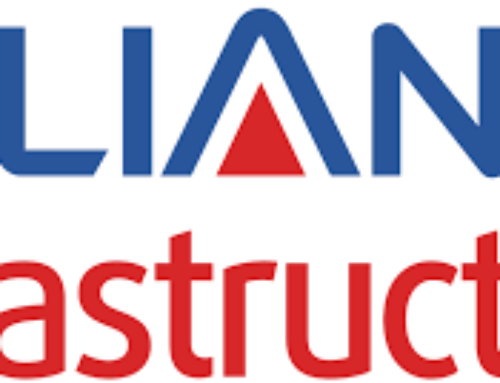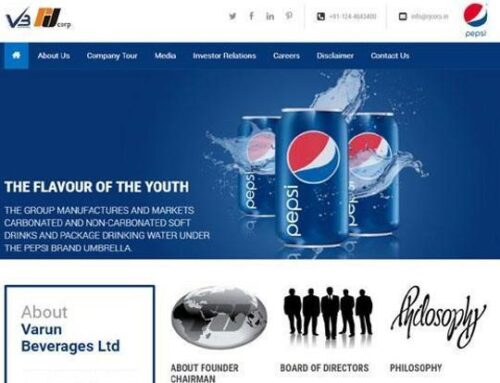
Industry Profile: Mining, as the primary sector of economics, is essential for development, not for employment, but utilization of natural resources. Minerals constitute the backbone of the economic growth of any nation, and India has been eminently endowed with this gift of nature. There is much evidence that the exploitation of minerals like coal, iron ore, copper, lead, and zinc has been going on in the country from time immemorial. The Mining industry in India is a significant economic activity that contributes significantly to the economy of India. The GDP contribution of the mining industry varies from 2.2% to 2.5%, but going by the GDP of the entire industrial sector, it contributes around 10% to 11%. Even mining done on a small scale contributes 6% to the entire cost of mineral production. The Indian mining industry provides job opportunities to around 700,000 individuals.
However, the first recorded history of mining in India dates back to 1774, when an English Company was granted permission by the East India Company to mine coal in Raniganj. M/s John Taylor & Sons Ltd. started gold mining in Kolar Gold Fields in 1880. The first oil well was drilled in Digboi in 1866 – just seven years after the first-ever oil well was drilled anywhere in the world, viz. in Pennsylvania state, the USA, in 1859. However, mining activities in the country remained primitive in nature and modest in scale-up until the beginning of the current century. After that, with progressive industrialization, the demand for and hence the production of various minerals gradually increased. After India became independent, the growth of mining under the impact of successive Five Year Plans has been swift. There are ambitious plans in the coal, metalliferous, and oil sectors to increase the production of minerals during the 8th Five Year Plan and after that.
Metal, including Aluminium and copper, are essential for industrialization. It is the second most manufactured mining product after IronMoreover, transportation in industry, packaging, food, and beverage containers. In construction as window doors, street light pools, and household items, Aluminium is widely used.
Company Profile: Grasim is Asia’s largest Aluminium manufacturer company. It is the flagship company of Aditya Birla Group in the metal business. The company manufactures Flat roll Aluminium, Aluminium foil for packaging, different types of alumina like metallurgical, and chemicals beneficial from plastics to water treatment. Copper, one of the most valuable chemicals in industry, is also manufactured by companies as Cathods useful in many industries from Aluminium purification to many other businesses. The company also manufactures sulfuric acid, phosphoric acid, and gypsum as by-products. The company also manufactures fertilizers under the brand Birla Balwan, mainly sold in Gujarat, Maharashtra, and Rajasthan. However, it is not a large part of revenue.
Shareholding Pattern: BSE Data
Financials and Ratio : [table id=64 /]
Future Prospects: The company’s operations are so diverse that it is not the only metal company. The fertilizer sector is going from significant change. Acids, mainly Sulfuric acid, are vital in many industrial products and processes. The company was recently facing a wrong time, but now it is expecting growth in its business. Recent quarterly results also show the growth sign. The only issue is the debt-oriented growth of the company, but that is like the characteristics of the Aditya Birla group.



